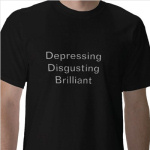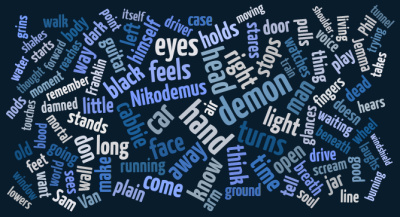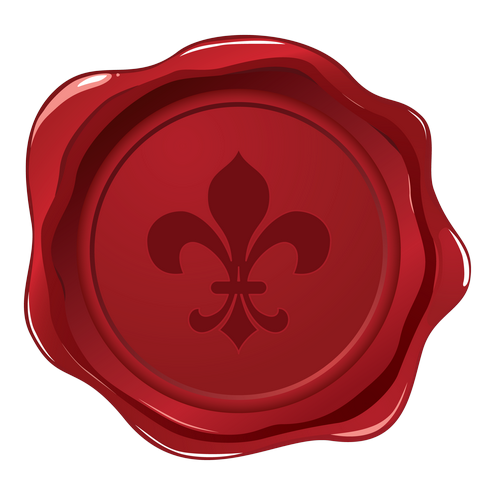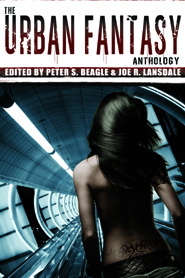 Sorry, couldn’t resist that headline. Mortality Bridge is garnering some wonderful reviews, but a common thread is that my depiction of Hell is violent, disturbing, graphic, and not for the faint of heart. To which I reply, Well … yeah. I don’t think the Land of Eternal Damnation and Torment comes with a PG rating.
Sorry, couldn’t resist that headline. Mortality Bridge is garnering some wonderful reviews, but a common thread is that my depiction of Hell is violent, disturbing, graphic, and not for the faint of heart. To which I reply, Well … yeah. I don’t think the Land of Eternal Damnation and Torment comes with a PG rating.
That said, here’s some recent Net niceness. Benjamin Wald at SF Revu wrote that
Mortality Bridge has something for everyone: great character-ization, vivid description, pulse pounding action scenes. But it is also more than the sum of its parts. It is a story of human weakness and redemption, a story that is even older than the myths that the novel draws upon, a story we can all relate to. This is an incredible, touching, exhilarating work, and one that I wholeheartedly recommend.
Which I am certainly not gonna take issue with! Read the full review.
Kelly Lasiter at Fantasy Literature found it “Depressing. Disgusting. Brilliant.” Which I also ain’t gonna take issue with, and which my friend Scott liked so much he had it made up on shirts & hoodies at Zazzle. (I think it sums me up so well I’d consider it for my epitaph if I didn’t already want You Kids Get Off My Lawn.)
Ms. Lasiter also wrote that
Mortality Bridge is a very well-written book that made me feel intense emotion. I recommend it, but only to the strong of stomach.
Ms. Lasiter writes that the novel pushed her to her limits, yet she is considering reading it again. Which is a heck of a compliment, when you think about it. Read the full review.
Also in the review department, in a recent review of The Urban Fantasy Anthology the unimpeachable John Clute wrote that “Talking Back to the Moon,” my excerpt from Avalon Burning (which, yes, I’m still diligently working on, thank you for asking), is one of six “superb” stories in the anthology, and that it’s
set in an intricately characterized post-holocaust Los Angeles [and] told in a dense muscular what-next gonzo tone that (one hopes) will not flag in the full novel this tale must be a portion of.
To which I say, first, thank you, John, and second, I hope it won’t either.
I also quite like Mr. Clute’s stipulation that, if a story is to be classified as “urban fantasy” (a category I resist because I like to think I write a fiction that resists categorization), it must “be set in locations that mattered to the stories told. […] If it’s the same story wherever it happens to be set, it isn’t Urban Fantasy.”
As a writer and a reader for whom setting and sense of place are enormously important, I can only say Bravo, Mr. Clute. Read the full review.
 I just learned that the signed, limited hardcover edition of Mortality Bridge has sold out at Subterranean Press. Thanks so much to everyone who bought one.
I just learned that the signed, limited hardcover edition of Mortality Bridge has sold out at Subterranean Press. Thanks so much to everyone who bought one. A “word cloud,” in case ya don’t know, is a visualization of the most frequently used words in a given text. The total number of words are analyzed and then the most common ones are moved to the top of the list. A graphic is created that weights the words by size and color to demonstrate how often they occur.
A “word cloud,” in case ya don’t know, is a visualization of the most frequently used words in a given text. The total number of words are analyzed and then the most common ones are moved to the top of the list. A graphic is created that weights the words by size and color to demonstrate how often they occur.
 In Conjunction with the previously issued
In Conjunction with the previously issued 